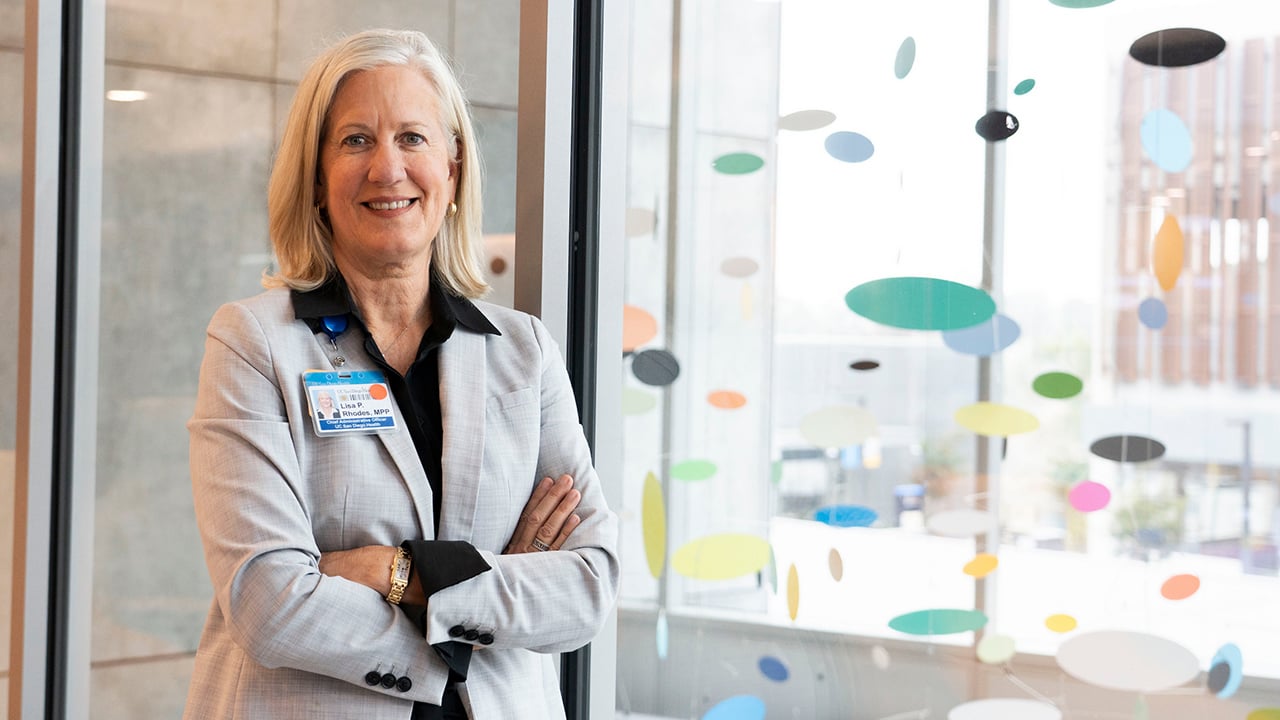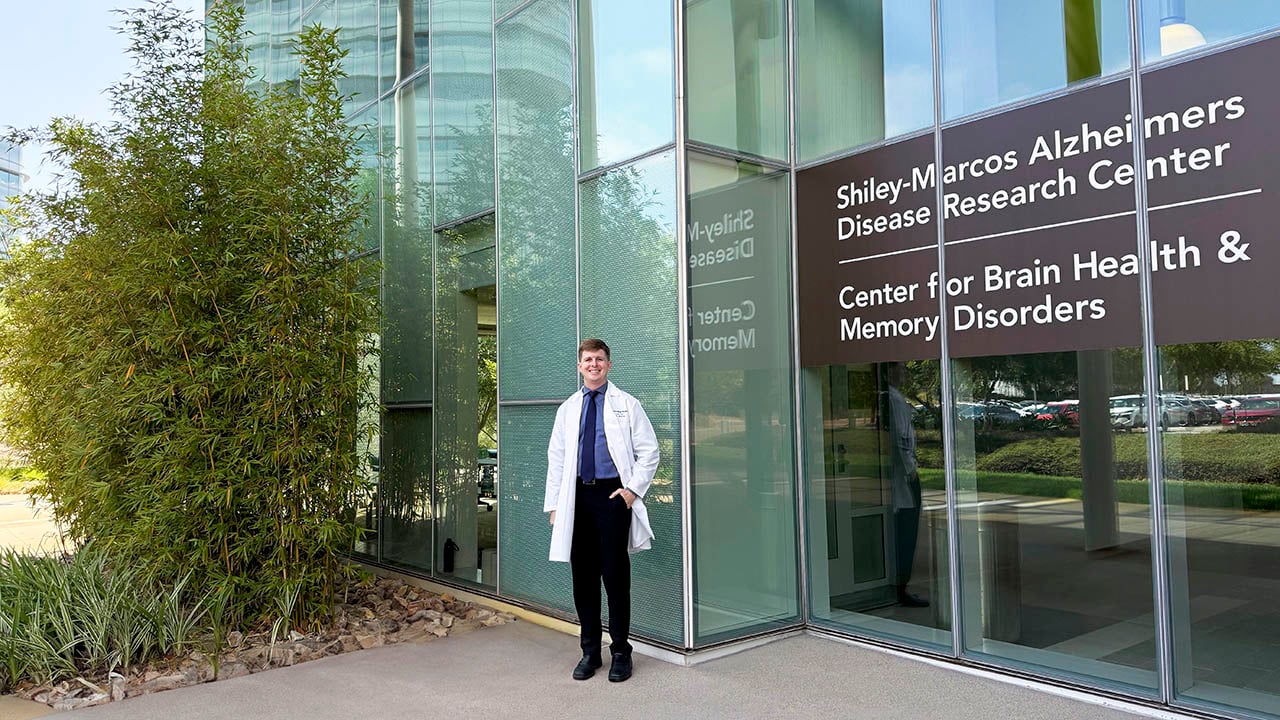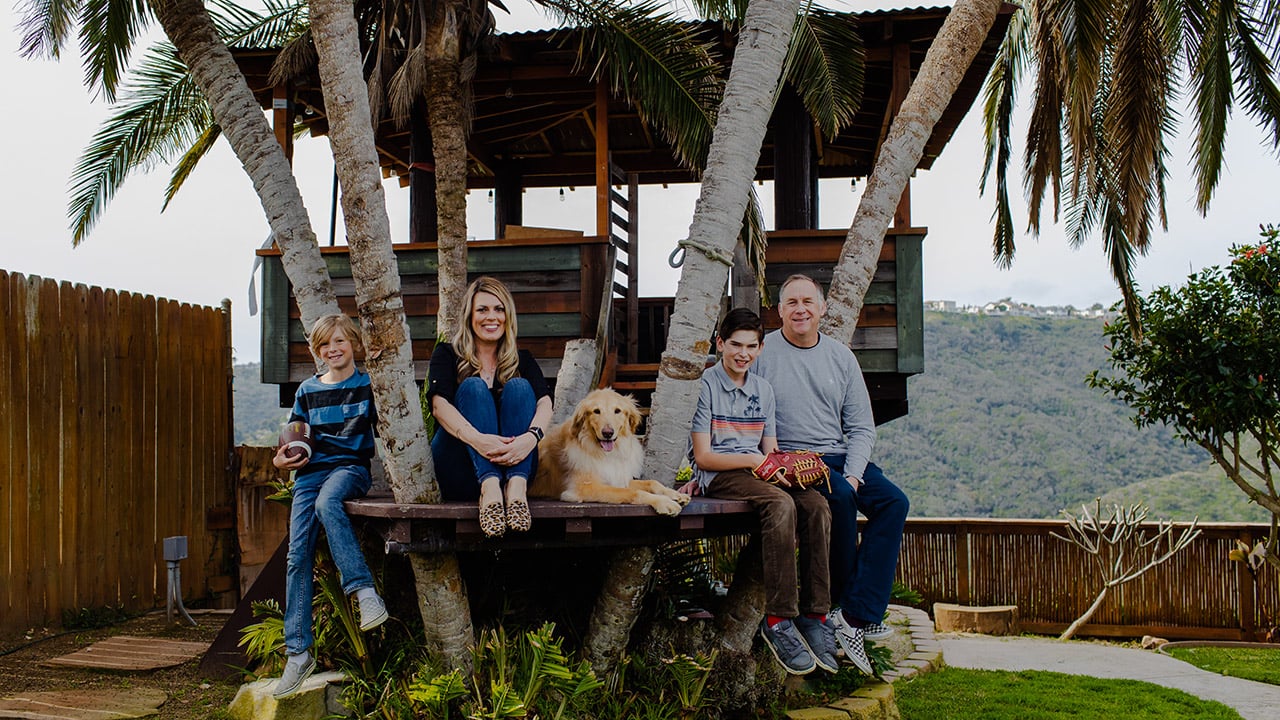
Tammie Warren doesn't take hearing for granted. Faced with hearing loss in her left ear since childhood, she managed to compensate with her "good" ear for much of her life. But as an adult, she developed a condition that threatened the hearing in her right ear as well.
"In 2016 I developed vertigo that was so severe, I stayed in bed for three days at a time with the room and ceiling spinning," Warren said.
An MRI confirmed she had an acoustic neuroma, a non-cancerous tumor that forms on nerves in the inner ear. These types of tumors, also called vestibular schwannomas, usually have no obvious cause. A specialist told her he would normally recommend surgery in patients without previous hearing loss. But in her case, he suggested they wait because surgery could damage the cochlear nerve and the hearing in her good ear.
"At first, the tumor grew slowly, but then it started to grow faster, and without the surgery the risk of hearing loss increased," said Warren, who is a nurse.
"After a few years my hearing started to come and go, so I had a cochlear implant inserted in the left ear in case I eventually lost hearing in the right one. But it didn't really help."
Warren then made one of the most crucial decisions of her life: to proceed with acoustic neuroma surgery, hoping it would prevent further hearing loss but recognizing it could also cause it.
"My gut told me it was time to take action," Warren said about her decision to contact UC San Diego Health. She was familiar with the work of two UC San Diego Health experts, neurotologist Rick Friedman, MD, PhD, and neurosurgeon Marc Schwartz, MD. "I knew from the acoustic neuroma support group on Facebook that Drs. Friedman and Schwartz do this surgery regularly," said Warren. "The group members urged me to get an evaluation and I thought, 'What have I got to lose?'"
Warren met with Friedman in February 2024 and he advised waiting until May to get another MRI. "The new MRI showed little growth of the tumor, so Dr. Friedman was willing to wait to do surgery," said Warren. "But I was uneasy about waiting, so he agreed to go ahead and schedule it."
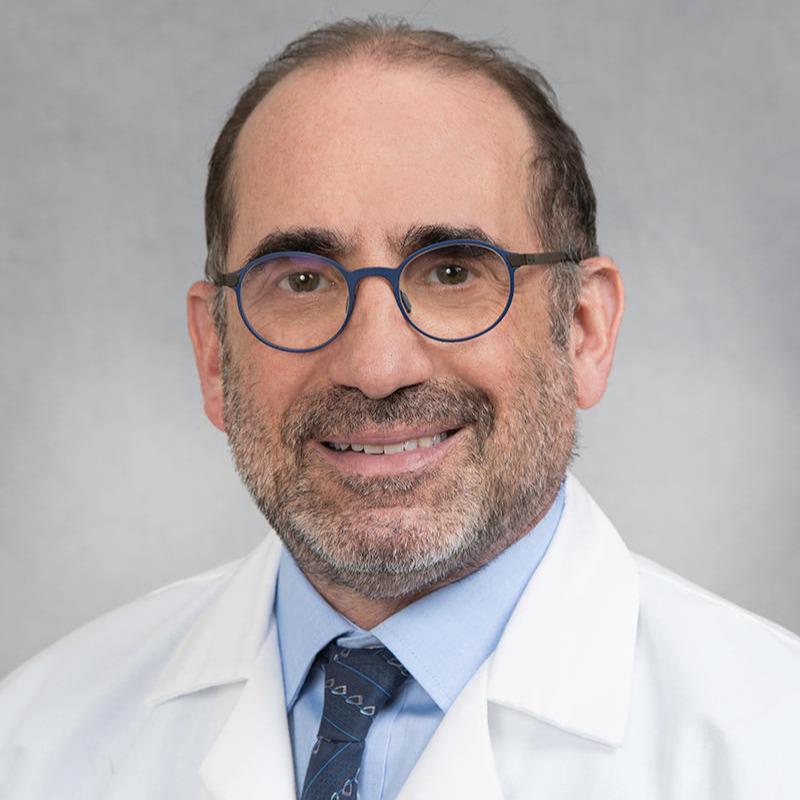
Marc S. Schwartz, MD
- Neurosurgeon
- Co-director, Acoustic Neuroma Program
- Professor of Neurological Surgery
 Tammie Warren and her husband, James, attended a concert just before their trip to San Diego for her surgery. Warren's love of music was another reason to preserve her hearing. Photo courtesy of the Warren family.
Tammie Warren and her husband, James, attended a concert just before their trip to San Diego for her surgery. Warren's love of music was another reason to preserve her hearing. Photo courtesy of the Warren family.
Patient navigator Melissa de La O helped her with logistics for the trip from her home in North Carolina to San Diego. That included scheduling a stay at La Jolla Family House, which is reserved for out-of-town UC San Diego Health patients and their families. The apartments are within walking distance to Jacobs Medical Center, where acoustic neuroma surgeries are performed.
"When we found out they had room for us, we were so grateful," Warren said. "We stayed in a room with a kitchen and two bedrooms so it was perfect."
Warren and her husband, James, flew to San Diego on Sept. 20, 2024 — her birthday. They went sightseeing and met up with other patients who were having acoustic neuroma surgery around the same time.
On the day of the surgery, Warren and her husband checked in and prayed with their pastor by phone. The operation took about three hours.
"I didn't remember anything until the next morning. Before I was fully awake, everyone already knew I retained my hearing because I responded to them," Warren said.
Friedman and Schwartz used the middle fossa approach, which is the best procedure to preserve hearing in small tumors located near the internal auditory canal.
This method is for patients with useful hearing and tumors smaller than 1.7 centimeters, Friedman explained.
Friedman added that he and Schwartz perform the highest volume of acoustic neuroma surgeries in the country. They also offer retrosigmoid and translabyrinthine microsurgical approaches.
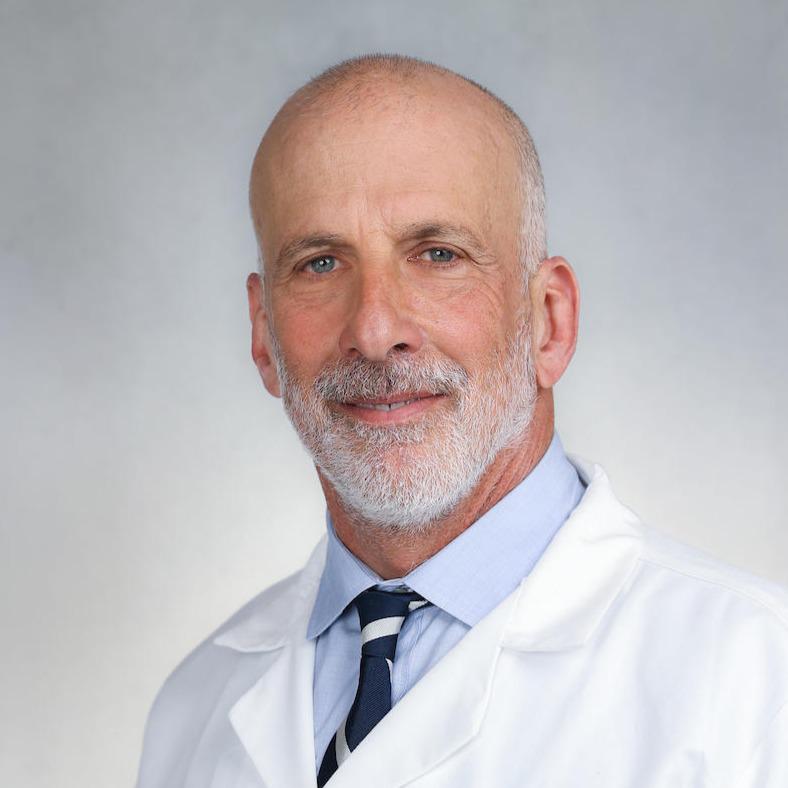
Rick A. Friedman, MD, PhD
- Neurotologist
- Vice Chair, Department of Otolaryngology, Head and Neck Surgery
- Director, Acoustic Neuroma Program
"I knew the first time I talked to Dr. Friedman that this surgery was the right thing to do," Warren said. "He really cares about his patients. He said mine was one of the best outcomes he ever had."
"It was an honor to care for Tammie," Friedman said.
After the surgery and recovery, the Warrens stayed at La Jolla Family House for a few more days, which allowed them to walk to follow-up appointments.
"Everyone we encountered, including the doctors, nurses and patient navigators, was amazing. I was so thankful because I didn't know anyone in San Diego," Warren said.
Once back in North Carolina, Warren continued vestibular rehabilitation therapy for three weeks to improve her balance. She returned to work 12 weeks after her surgery. Previously a cardiac nurse, she had already switched to a remote job reviewing medical records because the noise and activity level of patient care had been challenging.
"Overall, I don't regret anything," she said. "My hearing is 100%. I can drive and have no more vertigo. Before the surgery, it was like I was waiting around to go deaf. I'm so grateful to Drs. Friedman and Schwartz for helping me hear for the rest of my life."
Visit the Acoustic Neuroma Program on Facebook for More Patient Insights
According to the 2024-2025 U.S. News & World Report "Best Hospitals" survey, UC San Diego Health ranked No. 1 in San Diego and received "Honor Roll" designation, a distinction awarded only to 20 hospitals in the national for exceptional care. Neurology and neurosurgery care ranked 22nd out of more than 4,500 hospitals nationwide.
Get an Expert Phone Evaluation
Have you been diagnosed with an acoustic neuroma? A phone evaluation with a UC San Diego Health acoustic neuroma doctor includes a complete review of your test results related to acoustic neuroma or NF2, followed by advice on a course of treatment.
